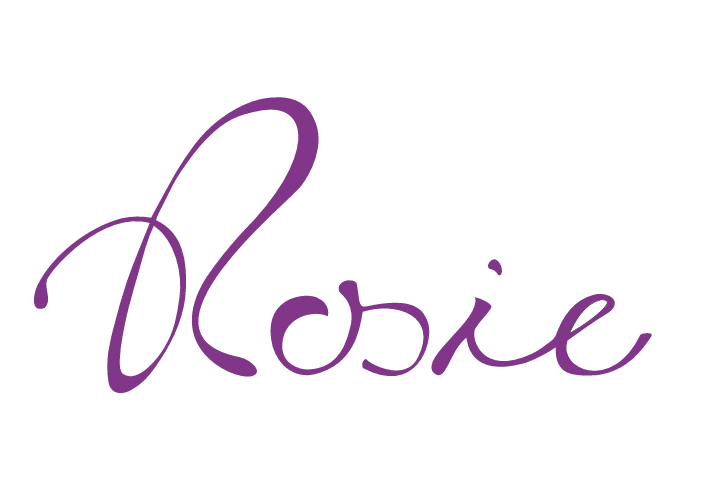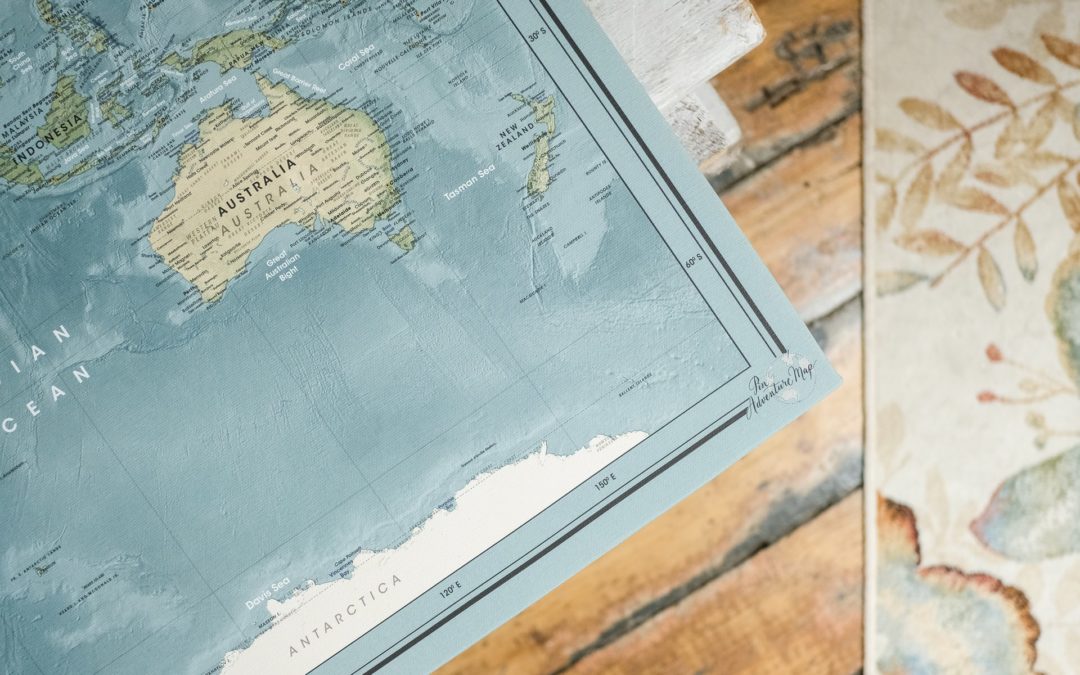There has never been a time in Australia’s history at which everybody could read and write.
Think about it. Before the 20th Century wars, universal education was haphazard. It was the domain primarily of the privileged. Things continued that way during the 1940s and ’50s as national recovery from those wars was being made. During the socially heady ’60s, efforts toward truly universal education for Australians were becoming more organised. But it was a time still rife with what we now know to have been awful prejudices. It was a time in history in which the lexicon within our formal bureaucratic systems contained terms such as ‘ineducable’, ‘idiot’ and ‘moron’.
Many of these prejudices existed because we didn’t know what was possible. Amongst much else, it was a time of nascent understanding about the potential that lies within every human.
I think we are still pretty nascent in our understanding of the fullness of human potential.
I recently taught a man in his 50s to read. He had been labelled ‘ineducable’ as a schoolchild in the 1960s. Actually, he was dyslexic. And I suspect he had childhood apraxia of speech too. This is a neurological condition that restricts the brain’s ability to plan the pattern of muscle movements needed to produce speech. It makes a child’s speech hard to coordinate and therefore hard for others to understand. And those effects on speech can trail into adulthood making adult pronunciation sound a little muddled. But this man’s ability to understand spoken language was in the normal range when measured with scientific language assessment tools. It was ‘normal’. He was ‘normal’. But he’d lived through school and life with the label ‘ineducable’.
He told me that it had often made his mother cry. The bright, sharp-witted, and cheeky little son whom she loved with all her heart was going into his life with awful labels that she somehow knew did not represent who he really was. Confusing. Heart-breaking.
It makes me wonder about the prejudices and misunderstandings of our own time. What will we look back on in 50 years with an equal kind of distaste?
In his short essay On the Reading of Old Books, C.S. Lewis wrote, “Every age has its own outlook. It is specially good at seeing certain truths and specially liable to make certain mistakes.”
With the benefit and more circumspect view of hindsight, we get to see past knowledges, ways, and challenges, in a very different light. It’s often a clearer light.
But when we are immersed in the daily doing of those ways, we tend to run along in their runnels on autopilot. Those ways may unquestioningly and unreflectingly become ‘the way we do things’. And we may be blinded to different choices.
Lewis further wrote, “We all, therefore, need the books that will correct the characteristic mistakes of our own period. And that means the old books.”
He recommended a ratio of reading one old book to every modern book – or at the very least, a ratio of one to three.
The old books, he proposed, let us see the “characteristic mistakes” of that period. And so by extension, make us more sensitive to the probability and actuality of the “characteristic mistakes” of our own period.
By further logical extension, and quite gorgeously, he also wrote, “To be sure, the books of the future would be just as good a corrective as the books of the past, but unfortunately we cannot get at them.”
I’m so interested in those books of the future! What will they contain about what we cannot see clearly now?
I think untapped human potential is sure, still, to be one of those things.
I also think that building a fully literate population is a way to insert a tap.
Literacy is a sustaining, spontaneously-replenishing flow that saturates us with riches of knowledge and compassion, to stream us forward into our social flourishing.
Scientific enquiry about how we learn to read, write, and communicate has yielded clear, converging directions. There is now a certain tipping-point imminence pouring-out toward a literate Australia as the evidenced practices emerging from good science gradually become more widespread.
A literate Australia has never before existed. What will it be like? Imagine it!
Actually.
Pause and imagine it.
In 2019 at the Connecting: The Heart of Literacy symposium hosted at Tasmania’s Government House by then Governor of Tasmania, Kate Warner AC, this invitation was made to the diverse group of gathered Tasmanians: imagine 100% literacy in Tasmania. The responses all came back themed around generosity, harmony, kind communities, increased creativity, transparent and accountable leadership, reduced shame, increased intellectual and social capital, increased participation in democracy and sense of responsibility in citizenship, and economic flourishing. All good things. Gorgeous things. Things for which we yearn.
Our nation is currently in a time of transition as we seek for a fully literate Australia. It is transitioning in its expectations about just how much attainment in reading, writing, and communicating is actually possible in our people! It is transitioning in its understanding about the efficacious methods of reading instruction and how to apply them at whole-class and whole-school levels. It is transitioning in its comprehension of how fundamentally spoken language ability and literacy are themselves social determinants of health – and, moreover, that they are woven through the the many other social determinants of health.
Transitions can be uncomfortable. There is tension to hold. Especially at the start of the tipping-point when the flow might feel rather like the Franklin River in full flood. It can feel dangerous. And we can be scared.
Recently, I was involved with organising an online event, Towards 100% Literacy. (You can watch the video here).
It Zoomed-in two of Australia’s eminent researchers and experts on how humans learn to read – Professor Pamela Snow and Dr Jennifer Buckingham. It was a bit of a snap decision to hold the event. A small group of us decided on a Tuesday morning. The experts had offered their time for free by Tuesday afternoon. The public registration was set-up on the Wednesday. The word was spread through social media, Thursday through Sunday. Then the event was held after work on the Monday.
We received 1000 registrations. In less than a week.
This deluge showed us the thirst among Australians (and many others) for this transition. Even though the rapids might feel a little dangerous.
Rudyard Kipling wrote some words for this feeling of racing along with some fear on what can feel like an uncontrollable flow:
“And so hold on when there is nothing in you,
Except the Will which says to [you]… : ‘Hold on!”
It takes courage. And courage, we could remind ourselves, is no more and no less than to follow one’s heart while generously overcoming the barriers as one does so.
Dipping a little further back (because I’ve been reading some old books – and, I must also confess, some ‘quotes’ apps), here’s Thucydides:
“The secret to happiness is freedom,
And the secret to freedom is courage.”
And of course, Paulo Freire, each one of whose old books is saturated with hope of widespread literacy:
“Education… is the practice of freedom, the means by which men and women deal critically and creatively with reality and discover how to participate in the transformation of their world.”
One hundred per cent of our people reading, writing, and communicating at 100% of their potential – this is #100PerCentLiteracy.
Let’s have shared courage for this transition, transformation, and freedom, fellow Australians.
We are on the threshold of a new era in Australian history.
A version of this post first appeared in the TasWeekend Magazine of Hobart’s The Mercury Newspaper on 25th/26th September 2021.

